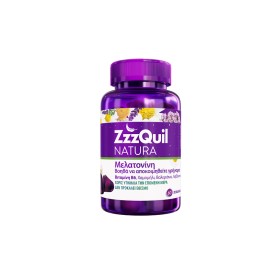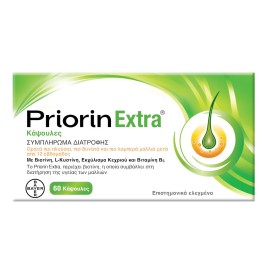Ask the doctor:
Question: I have a cough that has lasted for more than a month following a cold. Is there something I can do about this?
Answer: When your body is infected by one of the many viruses that cause the common cold, the infection is often eliminated in less than a week. However, the persistent post-infectious cough can last for up to two months. There are many treatment options to consider, but no one treatment has been shown to be effective.
Several factors lead to a persistent cough after a cold. A postnasal drip may irritate the upper airways, which are often more sensitive following an infection. When the airways are overly sensitive, even cold air or a small amount of dust may trigger the cough. Another consideration is the possibility of pertussis infection, also known as whooping cough. Pertussis affects both adults and children and it can often lead to a cough that lasts months. By the time the chronic cough appears, antibiotics are no longer effective for pertussis. I suggest every adult receive at least one booster of the pertussis vaccine combined with the tetanus and diphtheria vaccines.
Treatment of the cough, no matter the source, is difficult. Over-the-counter and prescription
drugs have some small benefits. If postnasal drip symptoms are prominent, antihistamines, such as chlorpheniramine, may be effective. If wheezing is present, a bronchodilator inhaler like albuterol or ipratropium is recommended. Despite their common use, cough suppressants have little benefit.
Once the cough settles in, it often lasts four to eight weeks. Try to avoid forcing a cough, when possible, as this further irritates your airway and slows healing. When you feel a cough sensation, use a throat lozenge or drink more fluids to help decrease the frequency of coughing attacks.
William Kormos, MD
Editor in Chief, Harvard Men's Health Watch
Source: Harvard Health Publishing












